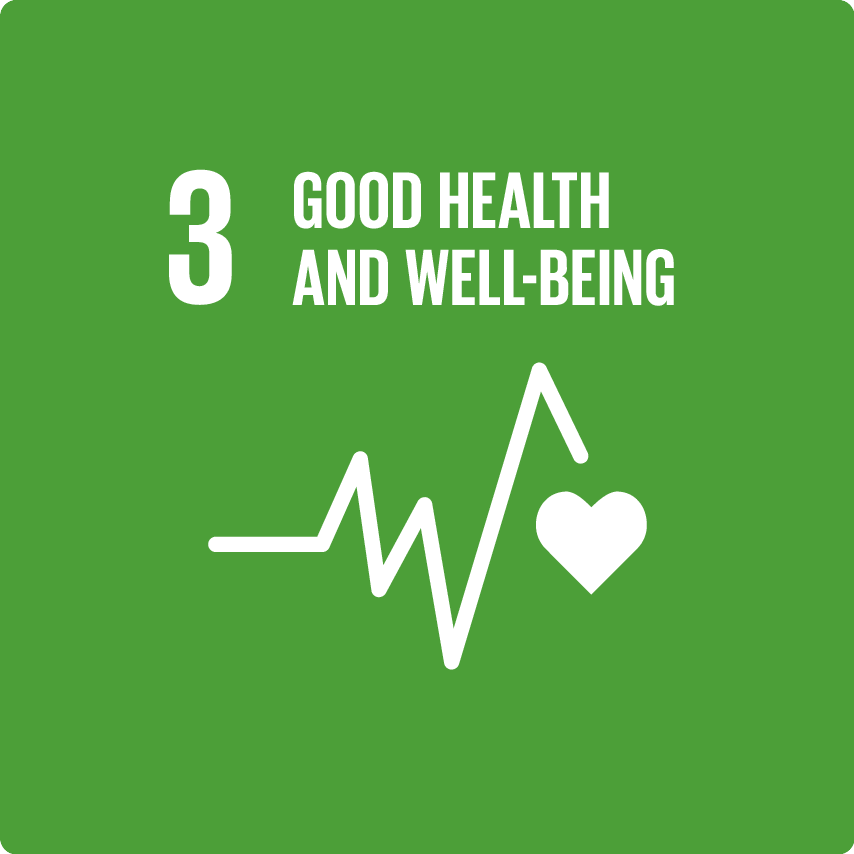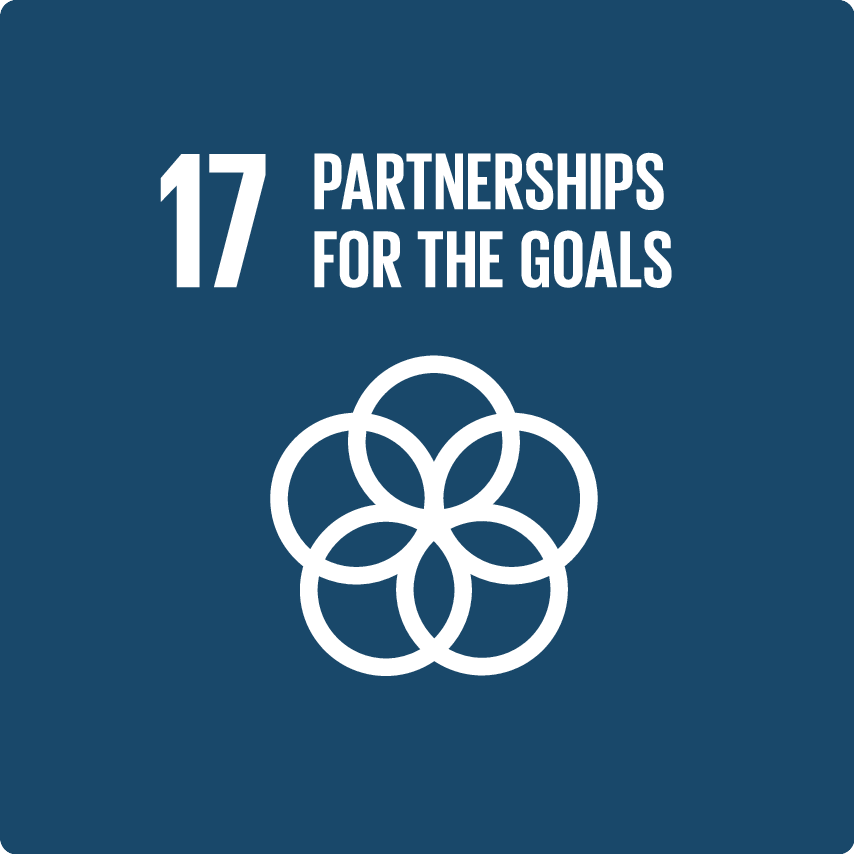Humanitarian Assistance Program
Supporting humanitarian emergency relief through broader access to Pfizer’s pneumococcal vaccine.
SEE ALL PARTNER ORGANIZATIONS
Objectives
- Support humanitarian emergency relief through broader access to Pfizer’s pneumococcal vaccine.
What are the health needs and challenges?
Accelerating the availability of potentially life-saving vaccines around the world is a key component of Pfizer’s commitment toward global health care access. Delivering vaccines in emergency settings is challenging, yet vital to assist in supporting global health needs. Vaccines require temperature-controlled conditions and adequate storage. As a result, maximising efficiencies in health systems is key.
Partnership activities and how they address needs and challenges
In November 2016, Pfizer announced a major expansion of its humanitarian assistance program providing the Single Dose Vial (SDV) presentation of Prevenar 13. Pfizer aims to broaden access to its vaccine, Prevenar 13® in humanitarian emergency settings. The vaccine is used to help protect infants and young children against invasive pneumococcal disease. In 2017, Pfizer added the vaccine in its new multi-dose vial (MDV) presentation at the lowest prevailing global price, currently $2.95 per dose.
Organizations supporting the refugee crisis are eligible to procure the newest version of Prevenar 13®, the MDV presentation, which contains four doses of Prevenar 13® instead of the one dose previously available. This four-in-one vial is designed to address the unique conditions and challenges in developing world settings. The MDV presentation offers reduced cold storage and transportation requirements.
Prevenar 13® was first approved in the European Union and is now used in more than 150 countries worldwide, including the United States, Canada, Australia and Japan. Both the SDV and the MDV presentations have been prequalified by the WHO.
Pfizer continues to build upon its longstanding support for humanitarian emergency relief around the world. Medicines Sans Frontier (aka Doctors without Borders), UNICEF and Pfizer have entered into an agreement for Pfizer to supply its Pneumococcal Vaccine for use with people living in humanitarian emergencies and in support of select developing country supplemental immunization activities.
In May 2022, Pfizer extended its partnership until December 2025 to deliver up to 620,000 doses of Prevenar 13®
Geographic Reach
- Global Commitment
Disease Area
- Infectious and Parasitic Disease
Partner organizations
Medecins Sans Frontieres (MSF) / Doctors without Borders
UNICEF
Geographic Reach
Global Commitment
Disease Area
Infectious and Parasitic Disease
- Meningococcal A, C, W, Y
- Pneumococcal Disease

